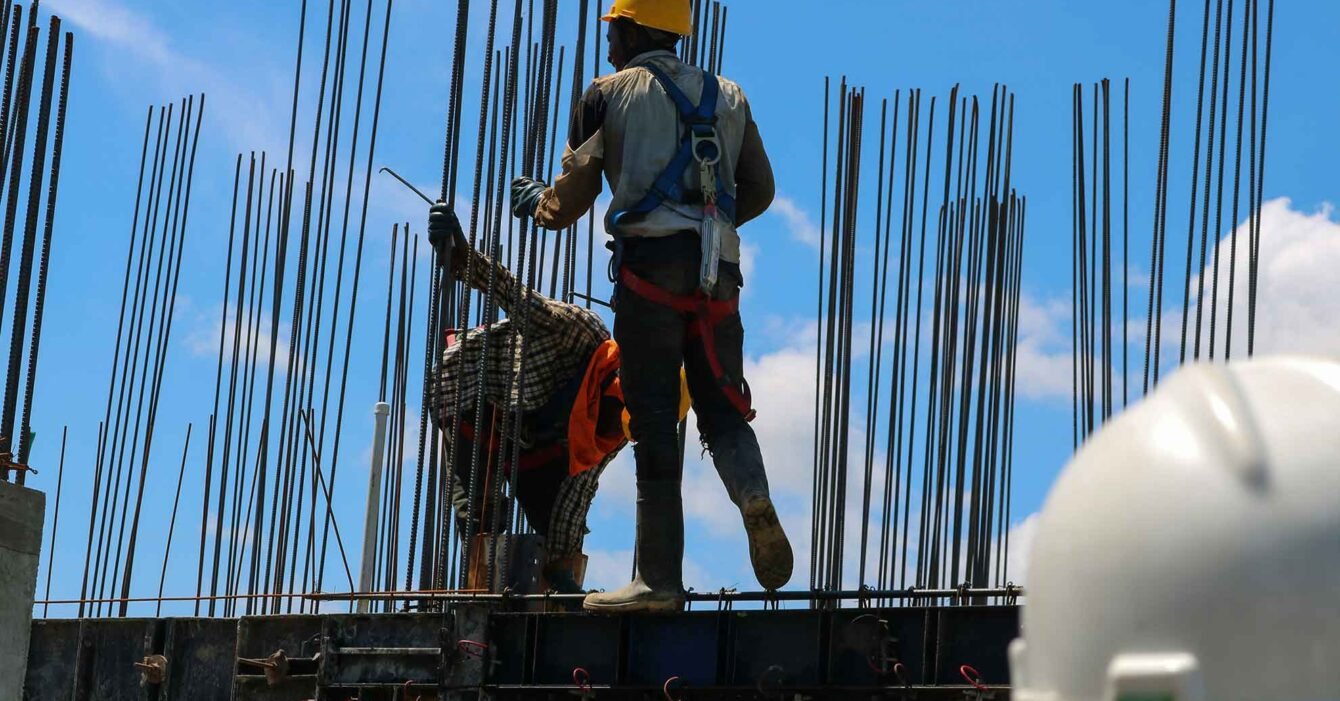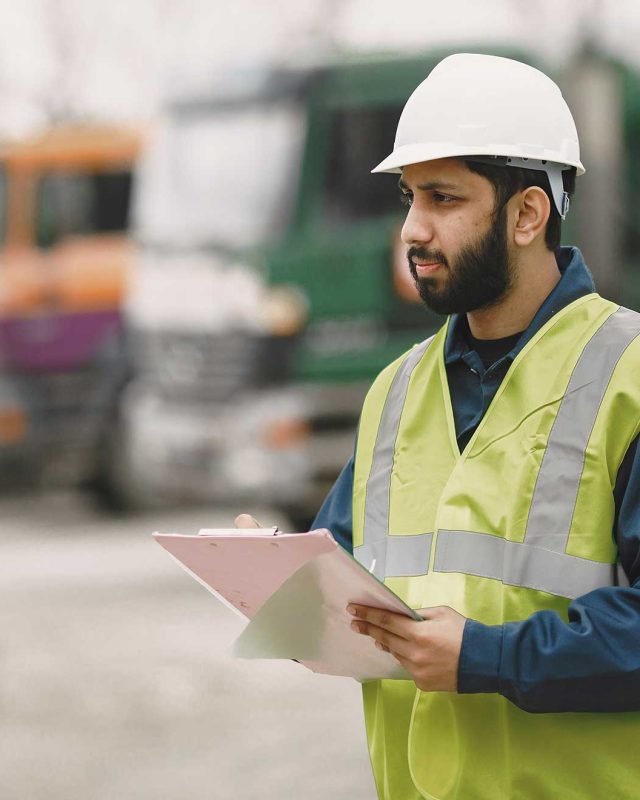In the heart of the Middle East, Saudi Arabia’s construction sector is witnessing a paradigm shift towards sustainability. This transformation is not just a response to global environmental concerns but a strategic move aligned with the Kingdom’s Vision 2030. The emphasis on sustainable construction practices within the Saudi construction industry marks a pivotal change, aiming to revolutionize infrastructure development while addressing the urgent need for environmental stewardship. This article delves into how these practices are reshaping Saudi construction, paving the way for a sustainable, economically vibrant, and socially responsible future.
Adherence to Green Building Standards
A cornerstone of sustainable Saudi construction is the commitment to green building standards and certifications. Through the adoption of international frameworks like LEED and the Saudi Green Building Forum (SGBF), Saudi construction projects are setting benchmarks in energy efficiency, resource conservation, and environmental protection. These standards are becoming increasingly ingrained in the fabric of Saudi construction, driven by governmental mandates and incentives that encourage their widespread adoption across both public and private sectors.
Incorporation of Innovative Materials and Smart Technologies
The Saudi construction industry’s move towards sustainability is also characterized by the integration of innovative materials and smart technologies. Materials that reduce environmental impact, such as green concrete and sustainably sourced wood, are being prioritized. Additionally, technologies like Building Information Modeling (BIM) are optimizing construction processes, minimizing waste, and enhancing project delivery efficiency. The adoption of these innovations underscores Saudi construction’s shift towards practices that marry environmental responsibility with technological advancement.
Focus on Energy Efficiency and Renewable Resources
Energy efficiency and the utilization of renewable resources are at the heart of the sustainable transformation in Saudi construction. With the Kingdom’s abundant solar resources, solar energy installations in buildings are becoming a common sight. This transition not only supports Saudi Arabia’s energy diversification goals but also contributes to global efforts to combat climate change. The Saudi construction sector’s embrace of renewable energy is a testament to its role as a catalyst for sustainable development.
Water Conservation Strategies
Given the arid climate of the region, water conservation is a critical component of sustainable Saudi construction. Innovative water management practices, including the reuse of greywater and the implementation of water-saving fixtures, are being increasingly incorporated into new developments. These measures reflect the Saudi construction industry’s commitment to preserving one of the planet’s most precious resources, aligning with broader environmental sustainability objectives.
Conclusion
The Saudi construction sector is at the forefront of integrating sustainability into its core practices, reflecting a deep understanding of the interdependence between environmental responsibility, economic growth, and social well-being. As Saudi Arabia continues on its path towards Vision 2030, the commitment to sustainable construction practices is reshaping the industry, setting a model for the region and the world. Through its focus on green standards, innovative materials, energy efficiency, and water conservation, Saudi construction is not just building infrastructure but a sustainable future for generations to come.



